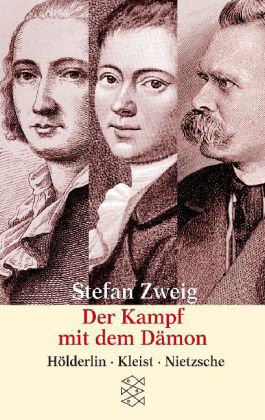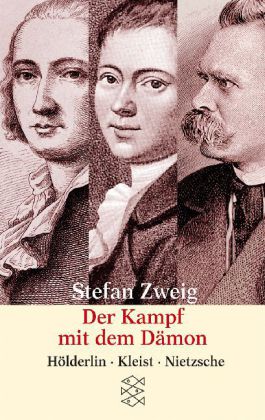What is of genuine importance is
eternal vitality, not eternal life
Knowledge was Kant’s daily and nightly companion; she lived with him and bedded with him for forty years on the same spiritual couch; he procreated with her a family of German philosophical systems whose descendants still live with us in every middle-class circle. His relationship to truth was essentially monogamous. The urge that brought Schelling, Fichte, Hegel and Schopenhauer to philosophy was a desire for order, a desire which has nothing daemonic about it, but is typical of the easy-going German nature, objective and professional, tending to discipline the mind and to establish a well-ordered architectonic of existence. They love truth, honourably, faithfully, durably. No selfishness has any place in this love, there is nothing erotic about it, no desire to consume or be consumed in the furnace of passion. Each of them built a house.
Nietzsche’s craving for knowledge arose from a totally different emotional world. Everything allured him; nothing was able to retain his interest. So soon as a problem had lost its virginity, had lost the charm and mystery of maidenhood, he forsook it pitilessly, without jealousy, for others to enjoy if they cared—as did Don Juan, his brother so far as the impulsive life was concerned, in the case of his mille e tre. Nietzsche yearned to seduce, to lay bare, to penetrate voluptuously, and to violate every spiritual object—“to know” in the Biblical sense of the word, when a man “knows” a woman and thereby filches her secret.
Nietzsche, therefore, never set up house with knowledge so as to economize and preserve; he built no spiritual home over his head. Maybe it was a nomadic instinct which forced him into a position of never owning anything. Other German philosophers lived in a quasi-epic tranquility; they spun their theories quietly from day to day, sitting commodiously in an armchair, and their thought-process hardly raised their blood-pressure by a single degree. Kant never produces the impression of a mind seized by thought as by a vampire, and painfully enduring the terrible urge of creation; Schopenhauer from thirty onwards, after he had published The World as Will and Idea, seems to me a staid professor who has retired on a pension and has accepted the conviction that his career is finished.
Now, what renders this life unique and tragical is precisely the absence of repose in Nietzsche’s searchings, his incessant urge to think, his compulsory advance. These make his life a work of art.
Nietzsche’s complaint, therefore, moves us profoundly. “One falls in love with something, and hardly has this something had time to become a deep-felt love than the tyrant within, which we should do well to name our higher self, claims our love for the sacrifice. And we yield to the dictator, though ourselves consumed in a slow fire.” Don Juan’s natures have ever to be wrenched from love’s embraces, for the daimon of dissatisfaction incessantly urges them to further exploits—the same daimon that harried Hölderlin and Kleist and harries all those who worship the infinite.
For the first time in the ocean of German philosophy the black flag was hoisted upon a pirate ship. Nietzsche was a man of a different species, of another race, of a novel type of heroism; his philosophy was not clad in professorial robes, but was harnessed for the fray like a knight in shining armour.
He was a member of no creed, had never sworn allegiance to any country. With the black flag at his masthead and steering into the unknown, into incertitude which he felt to be the mate of his soul, he sailed forward to ever-renewed and perilous adventures. Sword in hand and powder-barrel at his feet, he left the shores of the known behind him and sang his pirate song as he went:
I know whence I spring.
Insatiable as a flame,
I glow and consume myself.
All I touch flashes into fire,
All I leave is a charred remnant.
Such by nature am I—flame.

